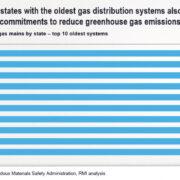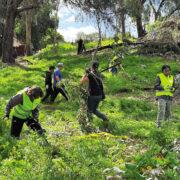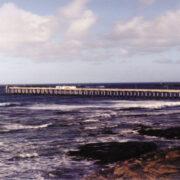Consuming large amounts of meat cooked at high temperatures or over open flames, as well as red and white meat, may raise the risk of kidney cancer, a new study says.
Research published in the journal Cancer studied 659 patients just diagnosed with kidney cancer and 699 others without cancer, taking into account their dietary patterns and genetic risk profiles.
In the end, scientists reported that people who said they ate the most charred meat – both red and white alike – faced an increased risk of kidney cancer. Individuals who already had two genetic mutations that predisposed them to kidney cancer were the most affected by the grilled, pan fried or barbecued meat. Furthermore, subjects in the cancer group tended to eat less fruit, consume more calories and were more often obese.
“A few previous studies have looked at kidney cancer and these carcinogens, but this is the first study to find an association between one of these specific mutagens (MelQx) and kidney cancer risk,” said senior study author Dr. Xifeng Wu of the University of Texas MD Anderson Cancer Center in Houston.
“This is also the first study to look at genetic variants along with consumption of these carcinogens in relation to kidney cancer risk,” Wu told Reuters Health in an email.
While population studies haven’t found a definite correlation between cooked meat and cancer in humans, those involving detailed food questionnaires have found that increased consumption of fried, barbecued or well done meats is linked to a higher risk of colon, pancreatic and prostate cancer, according to Reuters.
When animal muscle is cooked at high temperatures, substances called heterocyclic amines and polycyclic aromatic hydrocarbons, which can cause alterations in DNA that may raise the risk for cancer, according to the National Cancer Institute.
Researchers noted that the study’s sample size was small for an epidemiological project, was limited to non-Hispanic whites and requires replication.
Kidney cancer is not a widespread condition. The American Cancer Society states that the lifetime risk for developing the disease is approximately 1.6 percent, compared to a 14 percent risk of prostate cancer in men and an 8 percent risk of breast cancer in women. However, kidney cancer is particularly fatal in its advanced stages.
Two scientists who weren’t involved in the study told Genetic Expert News Service, a non-profit science communication initiative, said the report was suggestive but needs independent research to confirm findings before reaching any definite conclusions.
“It’s too early to say whether genes determine who will develop kidney cancer when eating meat and processed meat,” Dr. Ulrike Peters of the Fred Hutchinson Cancer Research Center said, according to the News Service. “As the authors of the paper carefully state it is very important that independent studies replicate the finding of this study. If those studies suggest a similar link, we would still need more functional studies to understand the underlying mechanism.”
Dr. Ian Johnson, a nutrition researcher and Emeritus Fellow of the Institute of Food Research said the rise of kidney cancer in wealthier countries is likely due to the dietary habits in Western nations.
“The work is certainly interesting and the findings are plausible but this is a single relatively small study, and the authors themselves stress the need for further research. In the meantime, it is prudent to stay within Department of Health guidelines for red and processed meat consumption, but renal cell carcinoma is a relatively uncommon cancer in the UK and so any extra risk due to eating meat will be quite small overall,” Johnson said, according to the San Diego Union-Tribune.
This study comes after a recent report from the World Health Organization, which found that increased consumption of processed meats – including bacon, sausage and beef jerky – is linked to a higher risk of colon cancer.
The research published in the journal Cancer was funded by the National Instituted of Health, among other grantees.







